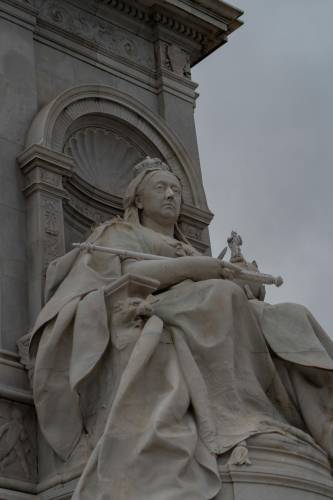When Wills Keep Secrets: Understanding the Risks of Secret Trusts
A recent High Court case involving an £18 million estate has shone a light on a legal concept that can cause considerable difficulty for families after a death: the secret trust.
Read the case summary here
In this instance, a dispute arose between the deceased’s long-term partner and his children from a previous relationship. The issue centred on informal instructions left outside the will, essentially a secret trust, which were not legally binding and therefore vulnerable to challenge.

Secret trusts arise when someone leaves an asset to a person in their will, with the understanding (given separately) that the recipient will deal with it in a particular way, often for the benefit of someone else. These arrangements are sometimes made to preserve privacy or avoid difficult conversations, but they are fraught with risk. If a dispute arises, there is no formal protection for the intended beneficiaries and litigation may be the only route to resolution.
There are two types of secret trust:
- A fully secret trust, where the will leaves property to someone outright with no indication of a trust
- A half-secret trust, where the will notes that the property is held on trust but gives no detail about the terms or beneficiaries
To be upheld in court, secret trusts must satisfy a high evidential threshold. The testator must have intended to create a trust, that intention must have been communicated to the recipient, and the recipient must have accepted the arrangement. These requirements can be difficult to prove, especially after someone has died.
In this case, a more robust estate planning approach could have helped avoid the legal battle. For example, the deceased could have left the asset to their partner by way of a life interest trust. This would have qualified for spouse exemption from Inheritance Tax (IHT), with trustees holding the power to appoint assets to other beneficiaries such as children in line with the deceased’s wishes.
If the partner exercised that power and survived for seven years, the gift would fall outside their estate for IHT purposes. This would achieve the original aim with far more certainty. Trustees could also have taken out life insurance to mitigate any tax exposure if the partner did not survive the full seven years.
Secret trusts might seem like a neat solution, but in practice, they often unravel under scrutiny. Transparent and well-structured planning is almost always the safer and more effective route.
Secret trusts can create unnecessary uncertainty and risk at an already difficult time. Our Legacy team at Laurus advises clients on how to structure their wills with clarity and purpose, avoiding pitfalls like these while making the most of available tax reliefs. If you would like to explore how best to protect your wishes and those you care about, get in touch.
About the Author
Derek Bryer is an Associate Partner in our Legacy team, bringing over a decade of experience in private client law. He specialises in complex estate administrations and contentious probate matters, supporting clients through challenging disputes with clarity and care. Derek’s calm, practical approach is matched by his strategic mindset, making him a trusted advisor in both contentious and non-contentious estates.
Contact Derek:
If you need advice on estate disputes or support with estate administration, you can contact Derek via email at derek.bryer@lauruslaw.co.uk or phone on 020 4574 2649.








